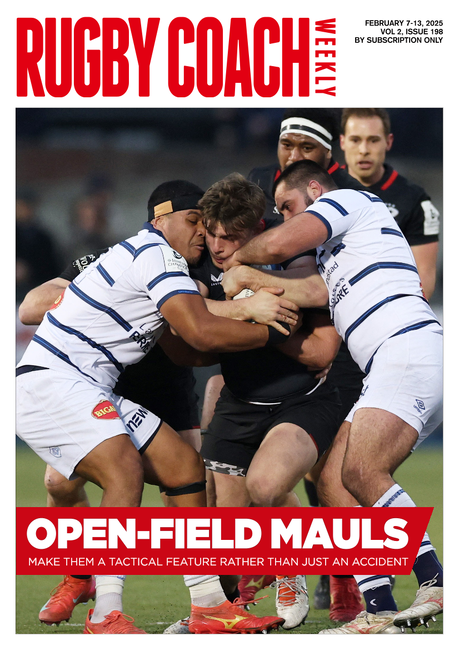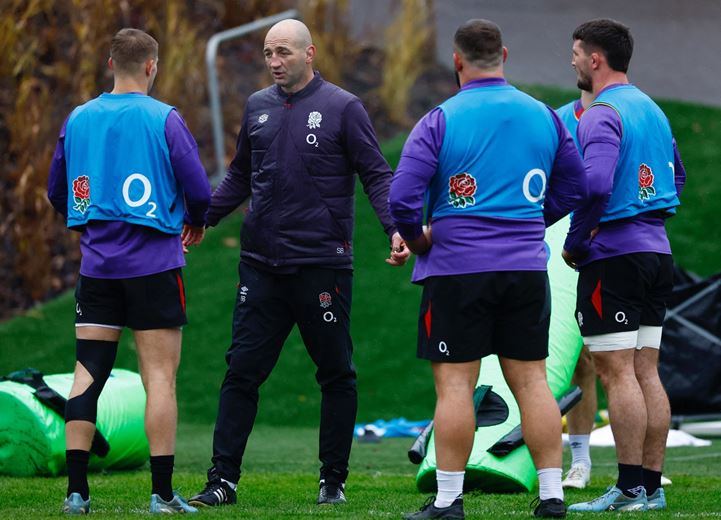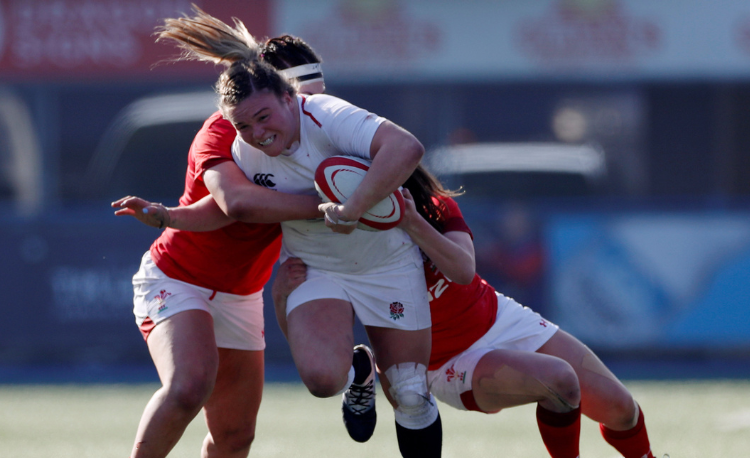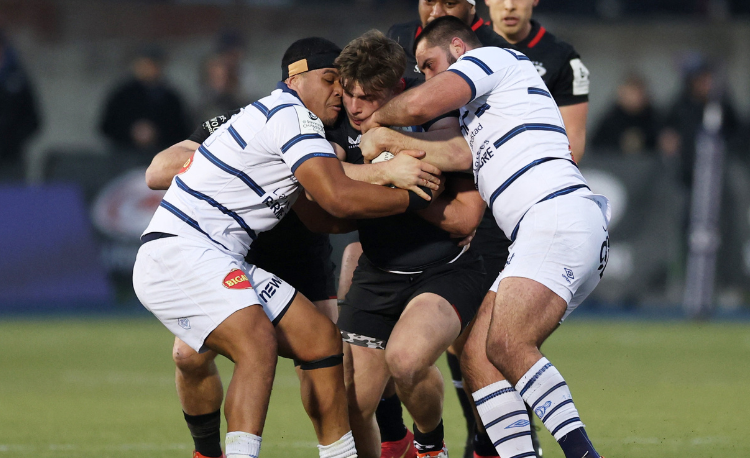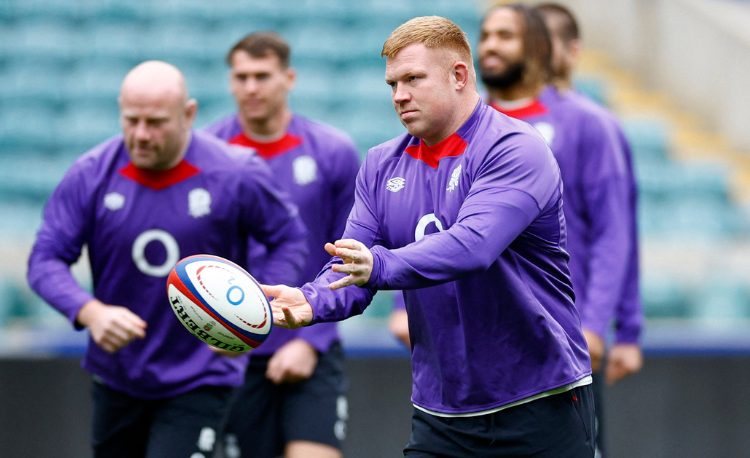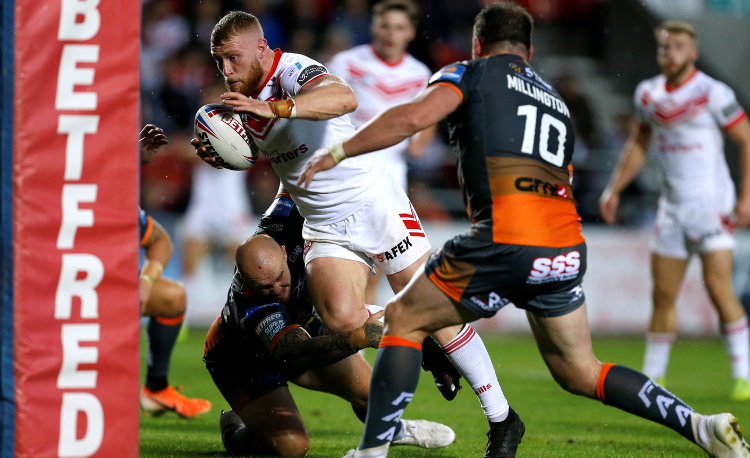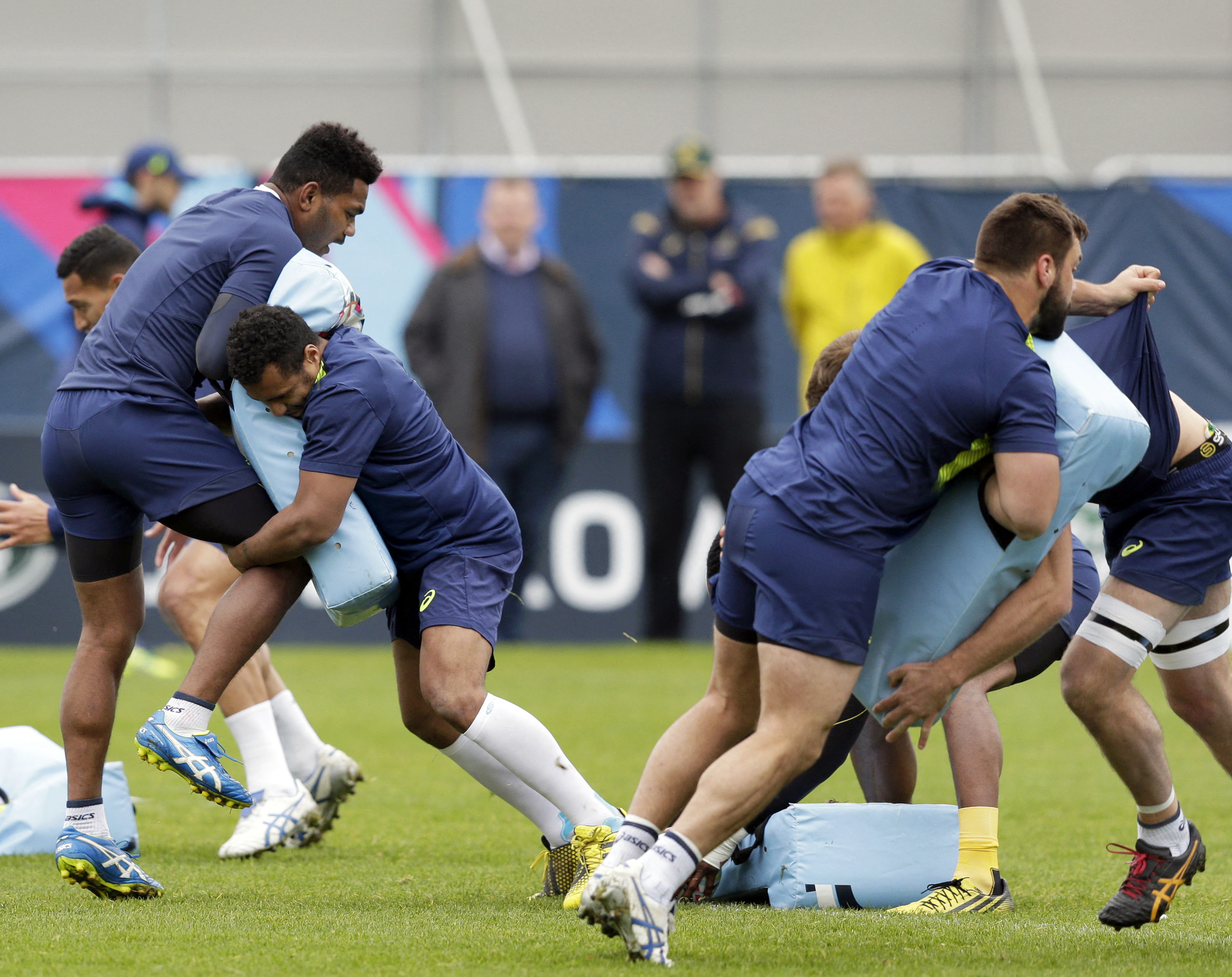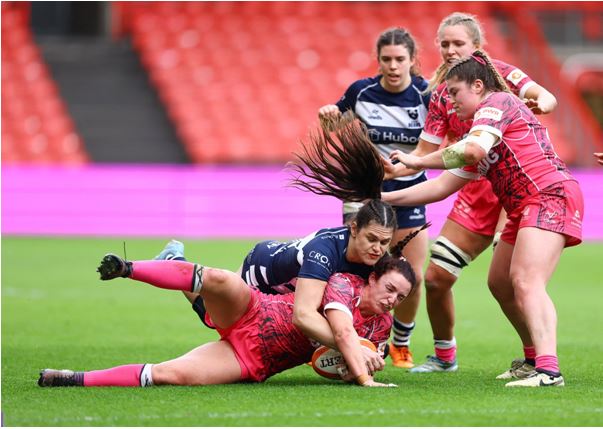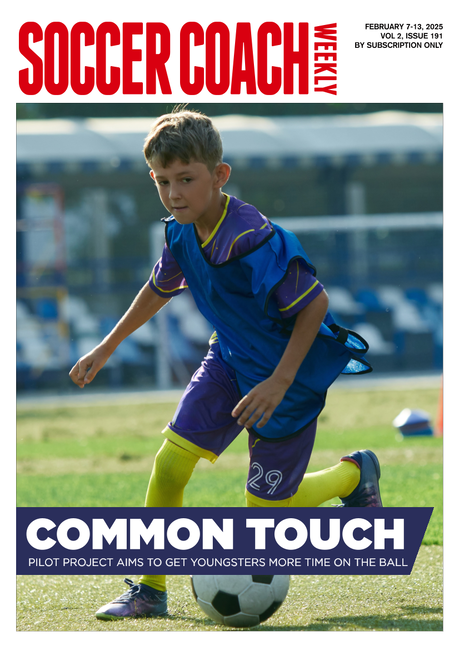Five ways to improve goal setting with your players

Understanding and setting goals are powerful ways for your players to improve their performance. Following on from the SMART principles, here are five ways.
1 GOAL SETTING GIVES DIRECTION
Players who know what they want to achieve will plan their lives and training programmes more effectively. If your team’s players can work on their individual goals with a clear understanding of their role in the team, it will enhance the group’s performance.
Knowing the goal keeps training efficient. It limits distractions and, with a clear goal the players can focus their efforts on the areas that will make the most difference to them.
2 RAPPORT FIRST
I like to know a little about the players before I start to help them towards their goals. I will try to watch them play, ask them about themselves and not just about the skills and techniques they use, but what their aspirations and motivations are. Each athlete has a unique set of circumstances and way of communicating. The more time you can spend learning about the individual, the easier it is to support the player in achieving their goals.
3 REMOVE NEGATIVE FEELINGS AND KEEP GOALS POSITIVE
They also need to know why you are helping set goals. It shouldn’t be seen as a negative process where they are now under scrutiny to improve their performance. It’s about them and their own improvement, not what you want for them or the team.
How they relate to their goals will determine their desire to follow through on them. If they cannot relate to them, they are unlikely to work towards achieving their goals.
Remember, players must have autonomy in the process so that they are motivated in the process. Help them to make goals positive rather than negative. That is, instead of saying “don’t drop the ball” say “catch the ball”.
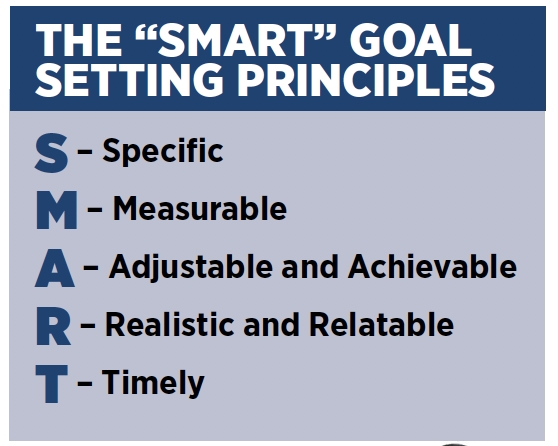
4 DRILL DOWN THE GOALS
It’s important to drill down into the real achievable aspects of the goal– this is known as setting process goals. If a player says they want to play for a representative side, that’s a long term outcome goal.
In a team sport, there are some uncontrollables because the player will be relying on someone else to select him/her. Instead, the player can look at ways to be in the best position to be selected, by focussing on the processes that will allow the player to play at their best. An example might be working on the penalty kick technique.
5 KNOW HOW TO SUPPORT YOUR PLAYERS, BY SUGGESTING OR MAKING AVAILABLE OTHER RESOURCES
Once the goals have been identified, you can suggest ways to support their progress. You will know what areas may need some focus. Fitness, nutrition, skill acquisition and lifestyle changes are all areas you might touch upon and may all be set as process goals.
My role with athletes is to know when I can directly help them or when I will need to suggest other resources.
POOR GOAL SETTING DANGERS
If the goals aren’t set well and reviewed regularly, it can lead to the player putting undue pressure on themselves, perhaps feeling a sense of failure if the goal isn’t achieved or the player may lose interest and momentum altogether.
You need to be constantly aware of the external factors around the player that might prevent them from making progress. Adjust goals to help the player keep positive about their progress.
Newsletter Sign Up
Coaches Testimonials

Gerald Kearney, Downtown Las Vegas Soccer Club

Paul Butler, Florida, USA

Rick Shields, Springboro, USA

Tony Green, Pierrefonds Titans, Quebec, Canada
Subscribe Today
Be a more effective, more successful rugby coach
In a recent survey 89% of subscribers said Rugby Coach Weekly makes them more confident, 91% said Rugby Coach Weekly makes them a more effective coach and 93% said Rugby Coach Weekly makes them more inspired.
Get Weekly Inspiration
All the latest techniques and approaches
Rugby Coach Weekly offers proven and easy to use rugby drills, coaching sessions, practice plans, small-sided games, warm-ups, training tips and advice.
We've been at the cutting edge of rugby coaching since we launched in 2005, creating resources for the grassroots youth coach, following best practice from around the world and insights from the professional game.

